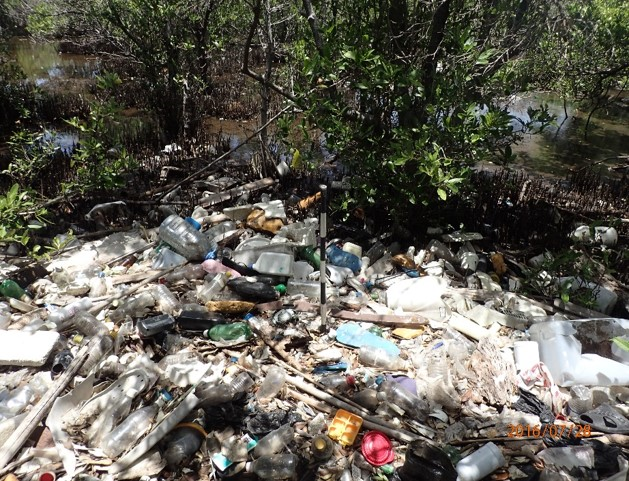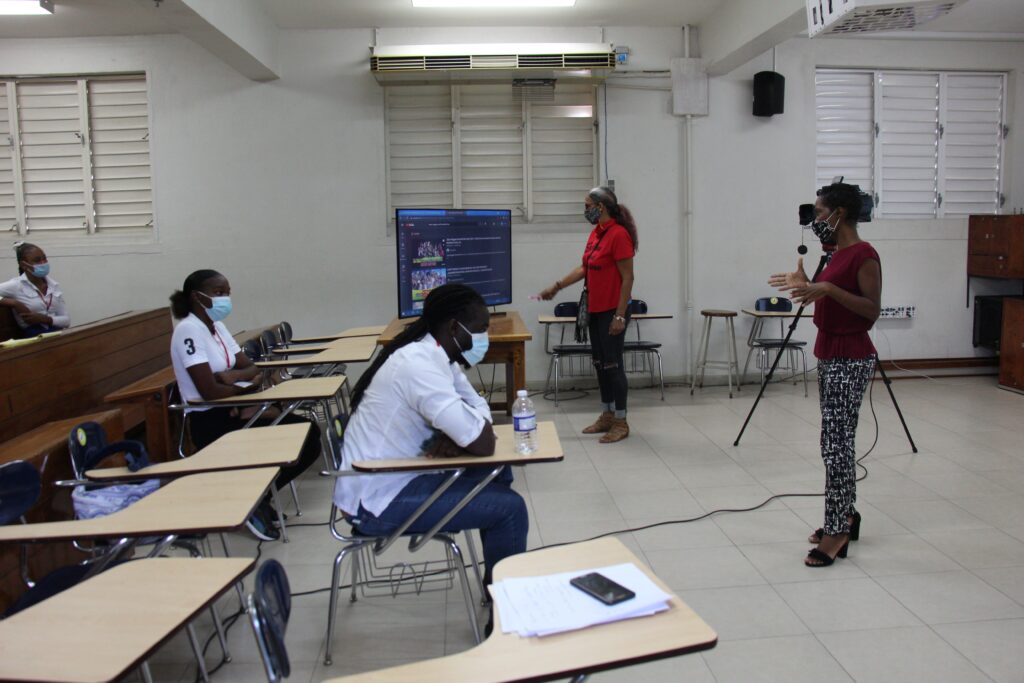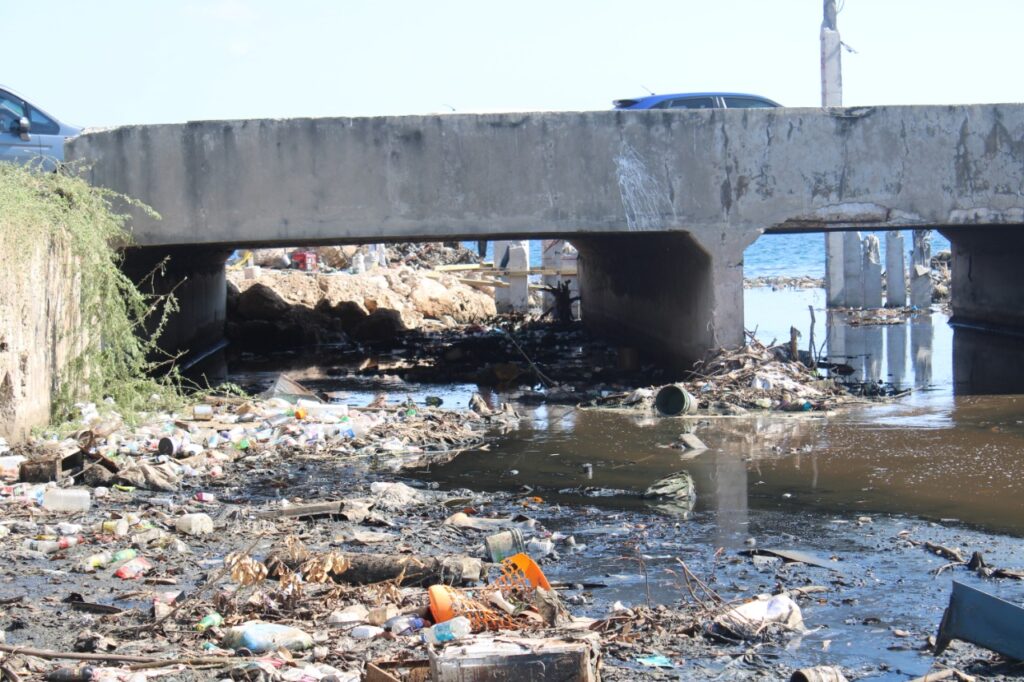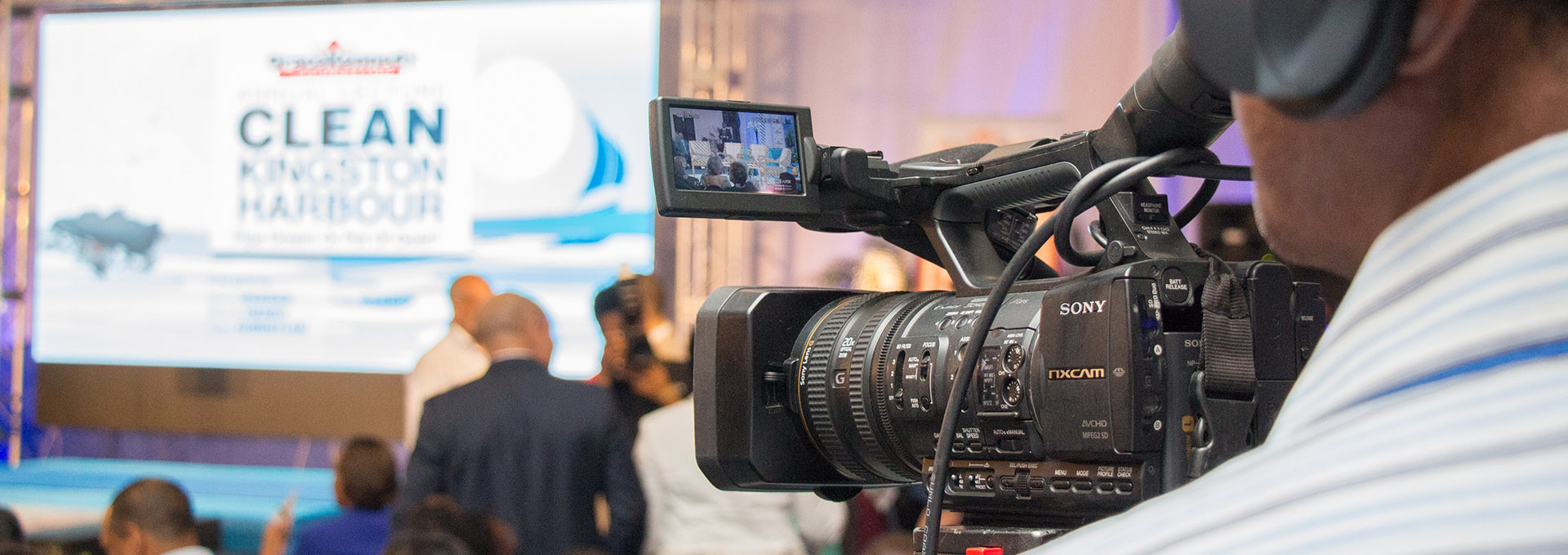The GraceKennedy Foundation has kicked off its Kingston Harbour Eco-System Adaptation Model (KHEAM) project, with the launch of an environmentally-focused audio-visual training programme for residents of five communities in Kingston. Thirty-five residents of the Port Royal, Franklyn Town, Parade Gardens, Rose Gardens and Allman Town will benefit from the four-month programme, which will be implemented by the University of the West Indies Community Film Project (UWICFP).
Speaking at the virtual launch of the programme on April 23 Caroline Mahfood, CEO of the GK Foundation explained, “The GraceKennedy Foundation has worked closely with the UWICFP for a number of years, and they have an impressive history of transforming youth from under-served communities through film training. This project really is all about sensitizing the participants on how Kingston Harbour’s natural environment is being negatively affected by pollution, while giving them in-depth, hands-on training in filmmaking.”

The KHEAM/UWICFP collaboration will begin with a boat tour of the Kingston Harbour for participants from the UWI Port Royal Marine Lab. Participants will also visit Barnes Gully, one of the many gullies that dumps land-based pollution into the Kingston Harbour.
The KHEAM project is financed as a Caribbean Bio-Diversity Fund (CBF), through the Ecosystem-based Adaptation (EbA) Facility, provided by the German Federal Ministry for the Environment, Nature Conservation, and Nuclear Safety (BMU) International Climate Initiative, through KfW, the German Development Bank. The project partners are the Mona Geoinformatics Institute (MGI); the Centre for Marine Sciences, UWI, Mona; Newer Worlds Ltd and the GraceKennedy Foundation.

The overarching goal of KHEAM is to restore or rehabilitate 50ha of mangroves and conserve (through community partnerships) an estimated 250ha of mangroves located on the Kingston Harbour. A secondary objective is to attempt to reduce the amount of solid waste pollution entering the Harbour from the Barnes’ Gully through community interventions like the film project.

UWICFP encourages participants to get directly involved with innovative storytelling and filmmaking around important community and national issues. It also provides new opportunities and experiences for participants, contributing to their education, social development and economic empowerment.
“We are confident that UWICFP will do a great job bringing the KHEAM project to life for these communities, and I am really looking forward to seeing the productions in a few months,” said Mahfood.
























